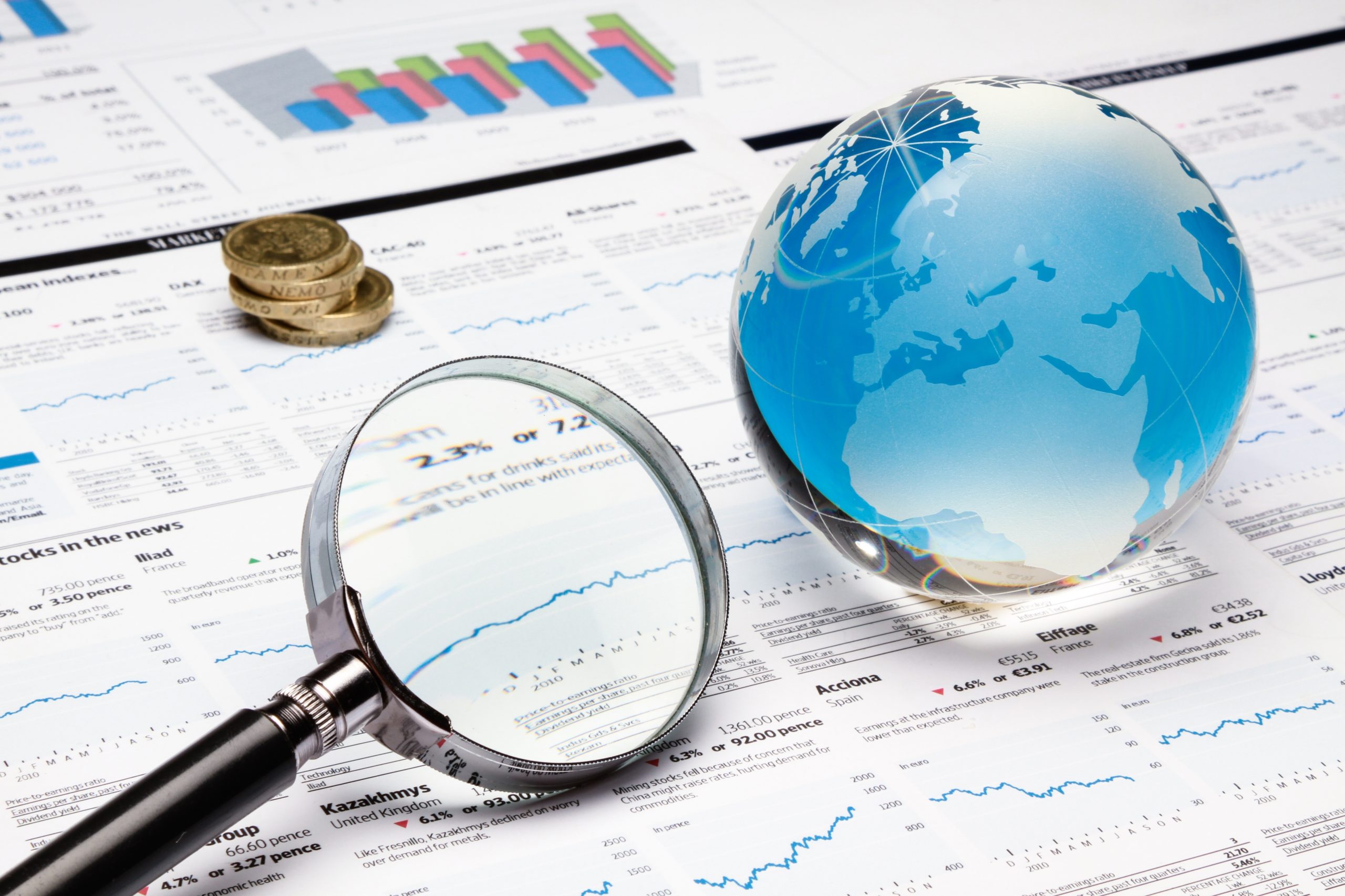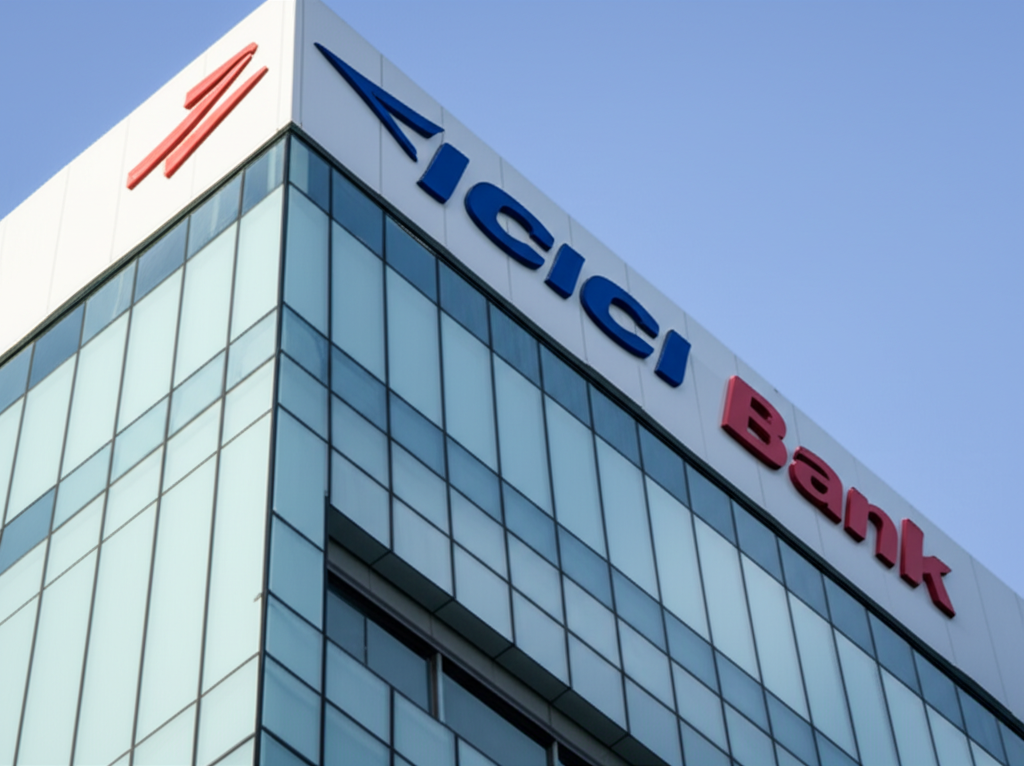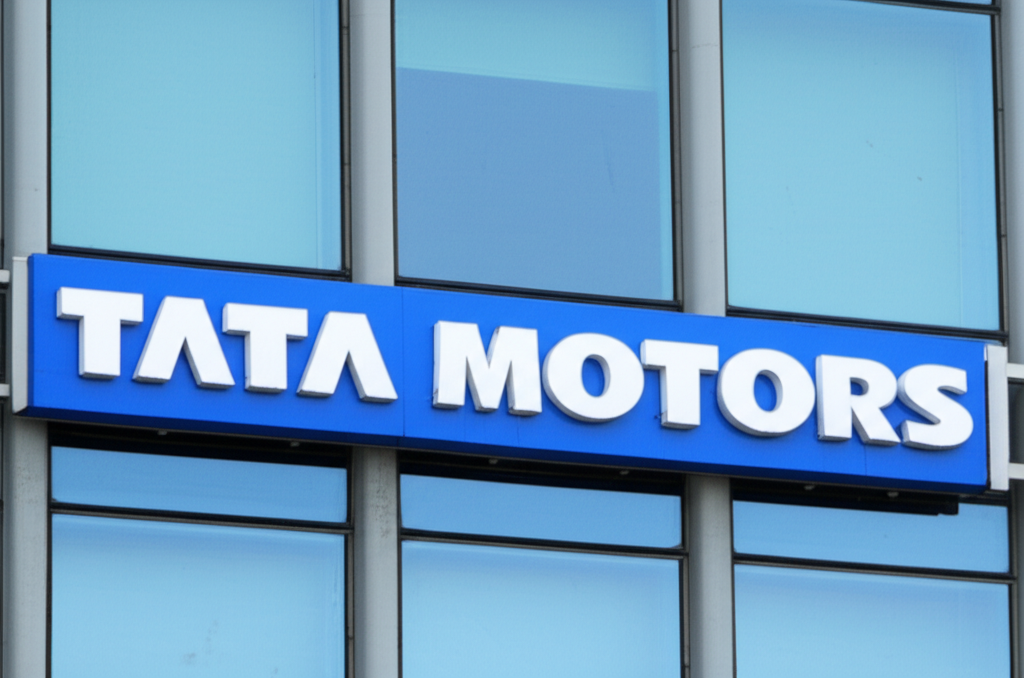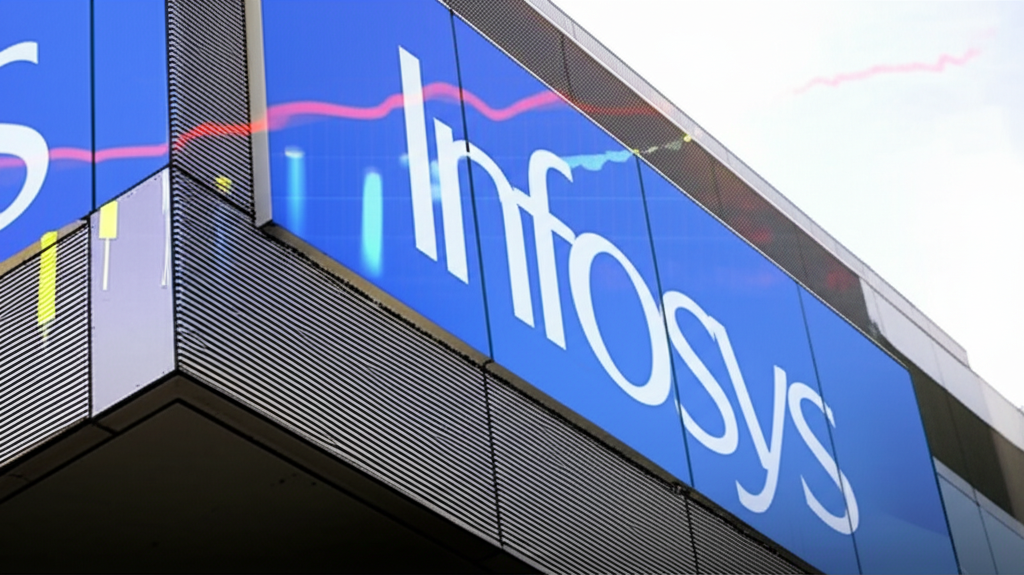Shares of IndiGo’s parent company, InterGlobe Aviation, fell over 12% on October 28 after the airline reported a net loss of ₹987 crore for Q2 FY25, a sharp turnaround from the ₹189 crore profit recorded in the same period last year. This sharp decline is attributed to the increase in airport fees, higher maintenance cost, and fuel costs that hurt the bottom line even when revenue is growing. Brokers are still positive regarding the potential of IndiGo given the robust demand for travel and its continued international market expansion.
IndiGo Falls 12% (The Market Reaction: A Sharp Sell-Off)
Q2 underperformance prompted a sell-off and IndiGo shares slumped the most since February 2022, trading at ₹3,811.35 on the NSE mid-morning. The near-term hurdles the company has before it is causing caution from investors as the stock slid 12% through Wednesday as the market digested the weaker-than-expected quarterly report from the airline.
Why Q2 Loss?
IndiGo reported fall, Q2 losses amidst mounting operational and financial headwinds as an airline. The airline grew in terms of revenue, but this did not translate to a gain in profit, thanks in large part to the upwardly revised cost of air-terminal services, aircraft overhauls, and even significantly increased fuel costs. Additionally, higher rentals on supply chains, along with the groundings, pushed up costs against its bottom line, rendering its bottom-line growth impossible with revenue-positive trends.
Brokerages’ View: Buys on Long-Term Growth
While Q2 itself was a cause for concern, several brokerage houses are more positive about the long term and have maintained a “buy” rating on the stock. Here are some key brokerage views.
Kotak Institutional Equities
This brokerage house maintained its buy on the stock with the target price of ₹5,200 a share. Kotak says that Q2 has posted a lower-than-expected PBT, largely on account of short-term factors like inflation in fuel and compensation directly linked to the grounded aircraft. The firm believes demand is going to be strong; it views the international presence of IndiGo through alliances as well as loyalty programs very positively. It had its FY27 estimates cut by 10%. Kotak still sees prospects for recovery in IndiGo.
Goldman Sachs
Goldman Sachs retained the “buy” call on IndiGo, but trimmed the target price to ₹4,800. Yields, surprisingly at 2.5% above estimates, were partly offset by higher cost per available seat kilometer due to higher fuel and lease expenses, yet management is relieved by the fact that ASKs and RPKs were as guided. Goldman’s view, however, improved on aircraft availability indicators.
Nuvama
Nuvama changed its mind and reduced IndiGo to the “hold” rating. A brokerage has cited high valuation, slow domestic demand growth, and emerging over-capacity issues as a reason, which lowers EBITDAR for FY25 and FY26 by 14% and 7%. Target Price: ₹ 4,415. Nuvama had flagged promoter share sales and the hybrid business model of IndiGo, which is expected to add complexity and some risks in an already competitive industry landscape. It, however, does see risk-reward in a balanced mode though sounds cautious about near-term challenges.
Operational Highlights and Strategic Focus
IndiGo has continued to be the market leader in India and the airline carried over 106.7 million passengers in FY24 and added 63 aircraft to its fleet during FY24. The carrier has also been building its international profile, which now accounts for 27% of ASKs in FY24. Indigo has partnerships with eight strategic international airlines, thus making a good underpin for future international growth.
Motilal Oswal focuses on IndiGo’s international ambitions. The company is working on brand building in international markets and has strategic schedules to fill the demand for flights. Motilal Oswal had a “neutral” rating on the stock with a price target of ₹4,130 but recognized how the international focus was a major driver of growth for IndiGo.
Market Sentiment and Future Outlook
While losses during Q2 show key concerns that IndiGo might continue to face in the very turbulent aviation sector where escalating cost and operational issues can hardly cease, there exists some strength in its intent to go global for greater resilience in revenue generation in the long term. Indeed, the investor confidence, by and large, rested on IndiGo’s effort and management to overcome such difficult time but a good number of observers remained hopeful that IndiGo airline business strength in demand along with appropriate adjustments in operation was good enough to turn over to better times.
Key Takeaways
- Q2 Performance: IndiGo recorded a Q2 FY25 loss of ₹987 crore mainly due to airport fees and fuel hikes as well as maintenance expenses.
- Brokerage Sentiment: Key brokerages Kotak and Goldman Sachs hold the “buy” view. Nuvama turns the view to “hold” based on valuation
- International Growth: IndiGo has concentrated efforts on international markets in anticipation of future growth following the strategic approach for achieving greater shares of global traffic.
- Operational Improvements: IndiGo is fine-tuning the schedules and ensuring aircraft availability as demand surges, especially in the international market.
The latest financial setback that IndiGo has faced in recent times reflects the problems of the entire aviation sector, but IndiGo’s initiative in overseas expansion and partnerships can help the company to be back on track and make long-term progress. It will show how the company will tackle these pressures and leverage the opportunities that are unfolding globally















0 Comments